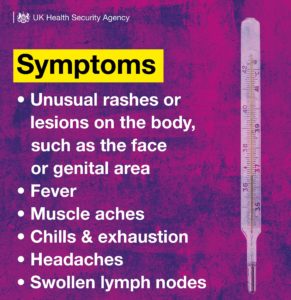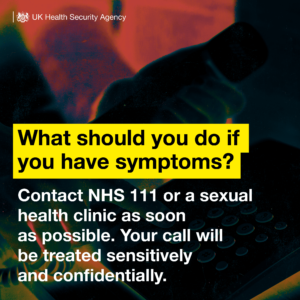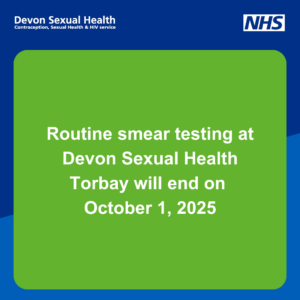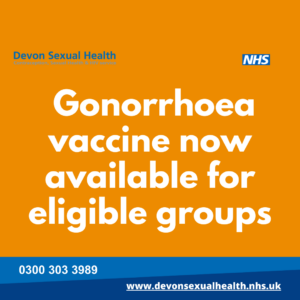Monkeypox – what you need to know
posted by: Don Leslie
Monkeypox is a rare infectious disease, but there are a number of cases in the UK. That number is rising.
Monkeypox is a viral infection usually associated with travel to West Africa. It is usually a mild self-limiting illness, spread by very close contact [including sexual contact] with someone with Monkeypox and most people recover within a few weeks. Similarly to COVID the virus can be present initially without symptoms and still be able to be passed on to close contacts.
The risk to the UK population is low. However, recent cases are predominantly in gay, bisexual and other men who have sex with men (MSM). We are advising MSM to be alert to any unusual rashes or lesions on any part of their body, especially their genitalia, and to contact NHS 111 or their local sexual health service if they have relevant symptoms:
Symptoms
• Unusual new rashes or lesions on the body, especially if they have originate on the face or genitals and spread
• Fever
• Muscle aches
• Chills and exhaustion
• Headaches
• Swollen lymph nodes
Actions you can take:
If you think you have Monkeypox symptoms and are from a known current at-risk group:
- Avoid close personal or sexual contact with others until you know that this is not Monkeypox.
- Contact NHS 111 immediately and your enquiry will be treated sensitively and confidentially
- You can also contact your local sexual health service for advice




Trending Now
- Taking ‘the pill’. A different approach to make this method work best for you
- Does contraception affect fertility?
- The “male contraceptive”
- Does using contraception make you put on weight?
- Does it hurt to have an IUC (coil) fitted?
- Updated blood pressure readings if you are taking combined hormonal contraception
- Using a moon cup? Read this if you also have a coil in place..
- Holiday romance? Advice, including where to get emergency contraception abroad.
- What happens when you visit a sexual health clinic?
- Rise in HIV diagnoses steepest among heterosexual men and women

Routine smear testing at Devon Sexual Health Torbay will end on 1 October 2025
From 1 October 2025, routine smear testing at Devon Sexual Health Torbay, at Castle Circus Health Centre, is being withdrawn. […]

A vaccine to help prevent against Gonorrhoea
Specialist sexual health services can now offer a meningococcal group B vaccine called ‘Bexsero’ to those who are considered to […]

Creating a culture where patients feel heard
Devon Sexual Health aspires to continue using patient feedback to drive meaningful improvements in care and service delivery. The service […]

Devon Sexual Health has extended services to South Hams and West Devon
Following the award of a new sexual health services contract for Devon & Torbay, Devon Sexual Health has extended its […]
